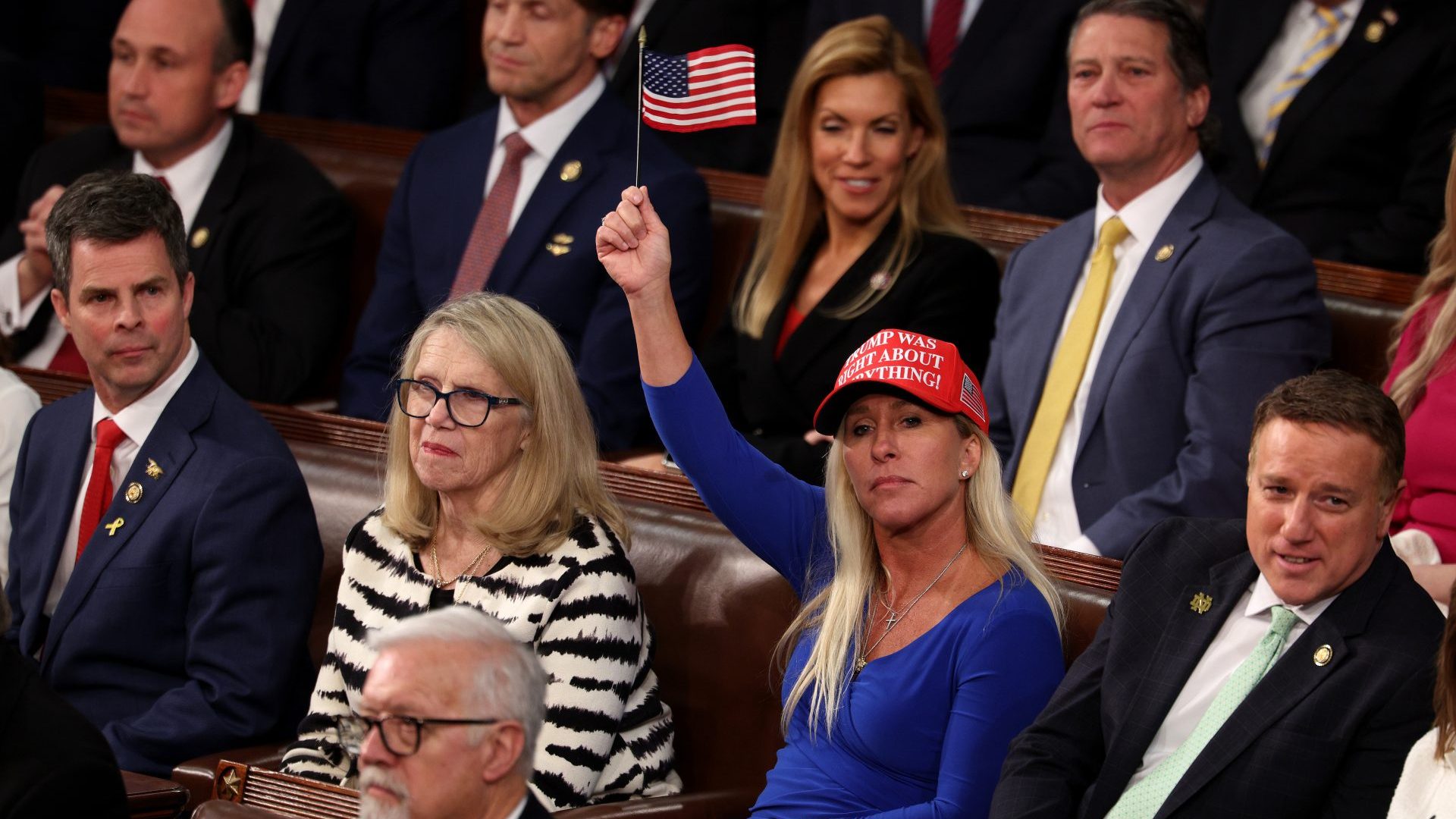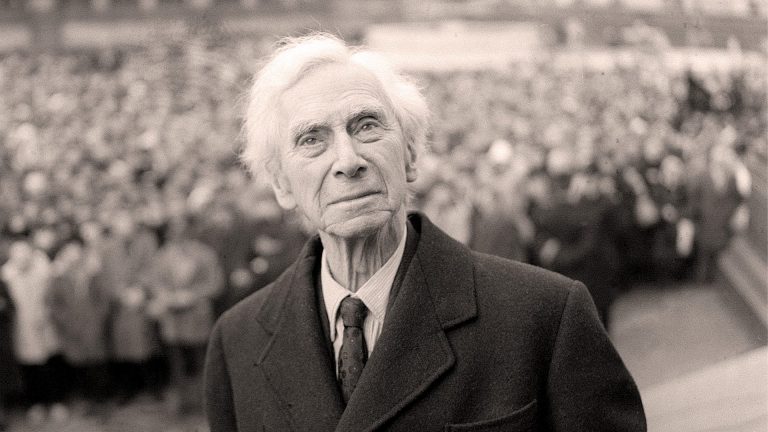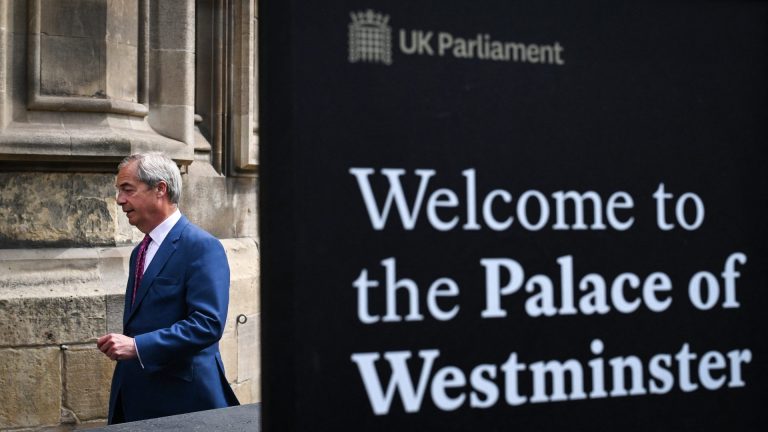Yesterday an encounter took place on live television between the congresswoman Marjorie Taylor Greene and a broadcaster from Sky News. Greene is notoriously outspoken, and famous for a brand of political demagoguery that verges on the feral. Her interaction with the British journalist showed up in the starkest possible terms the most dangerous fault line that currently exists in global politics.
Greene is a Republican and hardcore Trump supporter. When asked by the reporter about the current Atlantic scandal, in which top secret intelligence was accidentally shared with a journalist from the US magazine, Greene retorted: “What country are you from?” On learning that the reporter was from the UK, Greene said this: “We don’t give a crap about your opinion and your reporting. Why don’t you go back to your country where you have a major migrant problem?”
Coming from a loud-mouthed but essentially marginal figure such as Taylor Greene, a statement of ethnonationalist disdain like this is shocking, but it’s still just about possible to brush it off. Greene is close to Trump, but not that close. But taken together with the Atlantic scandal, a pattern begins to emerge that becomes much harder to ignore and which pushes us towards an unavoidable conclusion – the most powerful people in America seem to hate Europe.
No one quite knows why Jeffrey Goldberg, editor of the Atlantic magazine, was included in a White House Signal group discussion about plans to bomb Houthi rebel positions in Yemen. But he was.
The aim of these air strikes was to stop the Houthis from threatening cargo ships using the Suez Canal. The Atlantic has now published extracts from that conversation.
JD Vance, the vice president, informed the group that “3 percent of US trade runs through the suez. 40 percent of European trade does.” The suggestion was that the air strikes would benefit Europe, and weren’t really in the US interest. Vance then added, “I just hate bailing Europe out again.”
Pete Hegseth, the US secretary of state for defence responded, “I fully share your loathing of European free-loading. It’s PATHETIC.”
At the end of the exchange, a member of the group named “SM”, thought to be Stephen Miller, the US homeland security adviser, commented: “if Europe doesn’t remunerate, then what? If the US successfully restores freedom of navigation at great cost there needs to be some further economic gain extracted in return.”
The highest US authorities were planning an attack at the far end of the Arabian peninsula – and yet, throughout it all, their thoughts were apparently dominated by Europe, its parasitical reliance on the US, and how they could squeeze money out of Europe to pay for the missiles they were about to use.
They hate Europe. They also hate the EU. That extreme dislike explains Trump’s ambivalence about giving Putin what he wants in Ukraine, even though a victorious Russian dictator would pose a terrifying threat to the European continent. But then Trump doesn’t care whether or not Putin is a threat to the European continent, because he doesn’t care about Europe.
This adversarial approach to Europe has been growing for some time. When Vance turned up at the Munich security conference earlier this year, he ignored the war that was raging in eastern Europe between Russia and Ukraine, and instead told off the audience for being soft on the issue of free speech. That, he told his stunned audience, was the real threat to European security.
As for Trump himself, he is on the record as commenting that the European Union was “formed in order to screw the United States”. All of this, taken together with the Atlantic messages, make it clear that US-European relations are in a state of overall collapse.
The question is: why? Why do they hate us so? What have we done on this side of the ocean to antagonise the Americans? The answer is that we haven’t done anything – it is they who have changed. America’s political culture has coarsened into a rough stew of authoritarian nationalism, and the one thing an authoritarian detests more than anything is the spectacle of a successful, open, liberal society, because it amounts to a contradiction of everything they stand for. This is why Vance, Greene and the other Maga disciples hate Europe. They feel threatened by its success. A visceral hatred of a successful society ideologically opposed to one’s own also happens to be the reason why Putin invaded Ukraine.
The Atlantic scandal confirms what many people on this side of the ocean have suspected for a long time. The man in the White House is not an ally or a friend of Europe. As the decision to impose tariffs on European cars imported into the US makes clear, he views Europe as America’s opponent.
If trans-Atlantic relations continue to deteriorate in this way, and if the situation continues to become more hostile, it is not inconceivable that America could become Europe’s adversary – perhaps even its enemy. We would have entered a new, horrifying world of geopolitical uncertainty, brought into existence by an American political tendency that is based entirely on hate.












